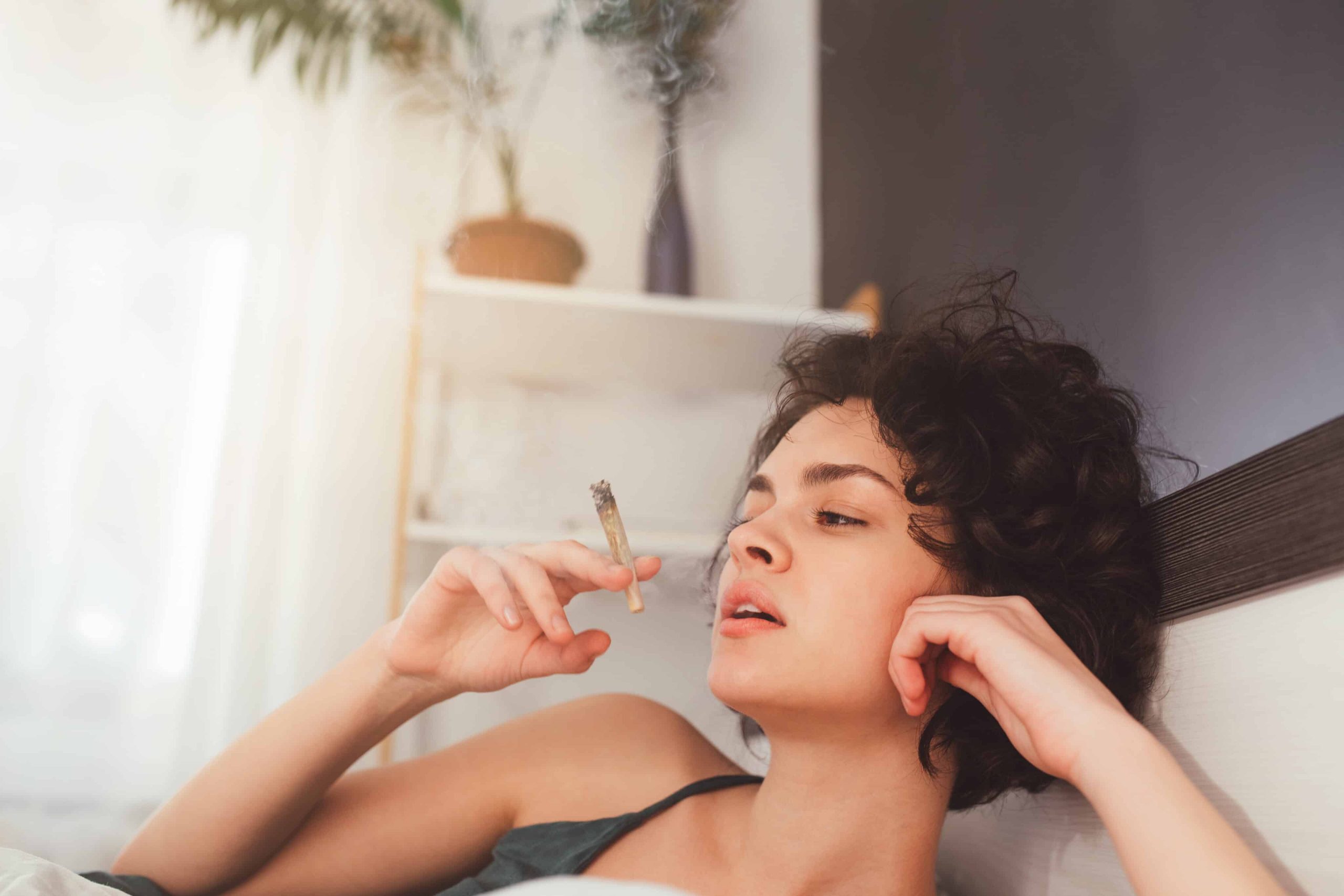new studytitled “Long-term recreational cannabis use in individuals at high clinical risk of psychosis: lack of association with symptoms, neurocognition, function, and treatment patterns” was published in the journal psychiatric researchinvestigated teens and young adults at risk of developing psychotic disorders.
The study, conducted by a team of researchers at Zucker Hillside Hospital, Stanford University School of Medicine, the University of Michigan, and the University of California, Davis, found that two years of regular cannabis use did not cause early symptom onset. Rather, studies have actually found it to be associated with modest cognitive improvements and reduced use of other medications.
Cannabis and psychosis: Is there an association for high-risk individuals?
In a study summary, the authors refer to various conclusions in a body of current research on cannabis use and triggers of psychosis in high-risk individuals.
“Recreational cannabis use has recently received considerable attention as an environmental risk factor for the development of psychosis,” the authors write. “To date, however, the evidence that cannabis is associated with negative outcomes in individuals at clinically high risk of psychosis (CHR) is inconsistent.”
To examine the correlation, researchers followed 210 CHR patients aged 12 to 25 years who participated in the Early Detection and Intervention Program for the Prevention of Psychosis (EDIPPP) (mean age in this group was 16.54 years). Researchers compared the mental health and prescription use of regular cannabis consumers and non-users over two years.
The researchers found that cannabis use was not associated with the development of psychosis, and also identified a correlation between cannabis use and positive symptoms when compared to nonusers.
Cannabis use lacks correlation with psychosis and may improve some functioning
“In summary, continued cannabis use over 2 years of follow-up was not associated with increased rates of psychotic transition and did not worsen clinical symptoms, level of functioning, or global neurocognition.” Nonetheless, our findings suggest that continued cannabis use may slightly, but not significantly, reduce positive symptom levels compared to non-users. We do,” said the researcher.
“CHR adolescents who used cannabis continuously had better neurocognitive and social functioning and reduced drug use over time compared to non-users,” they continued. “Surprisingly, clinical symptoms improved over time, even though the dose was reduced.”
This study does not aim to endorse cannabis use among young people or as a therapeutic modality for people at risk for psychosis. Rather, it is intended to add to a growing and often polarizing collection of literature on cannabis and psychosis.
A number of recent studies support this finding.a 2022 survey A paper published in the Canadian Journal of Psychiatry analyzed emergency room data related to cannabis-induced psychosis and found that Canada’s legalization program was “notable for significant changes in ED symptoms in cannabis-induced psychosis and schizophrenia.” found not to be related to the evidence.”
Another study was published in January 2023. Journal of the American Medical Association Seen as the same issue with the United States. Researchers have reached similar conclusions. “The results of this study do not support an association between national policies to legalize cannabis and psychosis-related outcomes.”
The April 2023 study similarly aimed to examine associations between cannabis use and psychotic disorders in high-risk patients. They ultimately found “no significant association between any measure of baseline cannabis use and transition to psychosis, persistence of symptoms, or functional outcome.” They added that the findings “contrast epidemiological data suggesting that cannabis use increases the risk of psychotic disorders.”
A new version of an old scare tactic?
This contrasts with many studies that claim cannabis. teeth Correlates with the onset of psychosis. And opponents of cannabis legalization have argued that high-THC cannabis can cause schizophrenia and other extreme mental health symptoms since the reform first got on the lips of lawmakers.
recent editorials NORML’s Paul Armentano says today’s warnings, while less sensational, reflect the reefer-insanity-threatening strategies of the 1920s and ’30s, suggesting that smoking cannabis could lead to: suggesting that “Incurable Madness” Among other claims.
“In practice, cannabis-induced acute psychosis is rare, and those who experience it are usually either predisposed to psychosis or have a pre-existing mental disorder,” Armentano wrote. Recognizing that people with certain mental disorders may be more likely to experience adverse events after cannabis use, he said, “Even if you instigate the potential risks of cannabis, you should protect them.” There is little we can do, and if we ask for the re-criminalization of marijuana in the state’s legal market, it will not happen.”
“Rather, the best course of action would be to establish a regulated market aimed at keeping young people away from cannabis products, coupled with consumer education policies to give clear warnings to certain vulnerable populations.” Protect public health and reduce consumer risk. “




